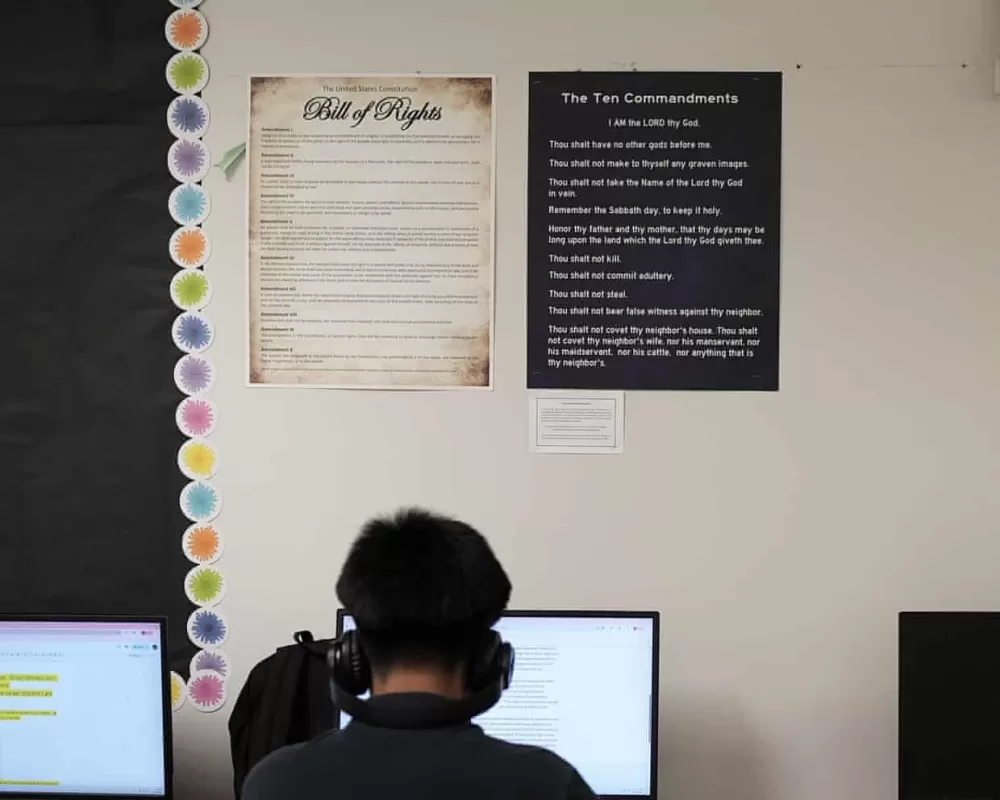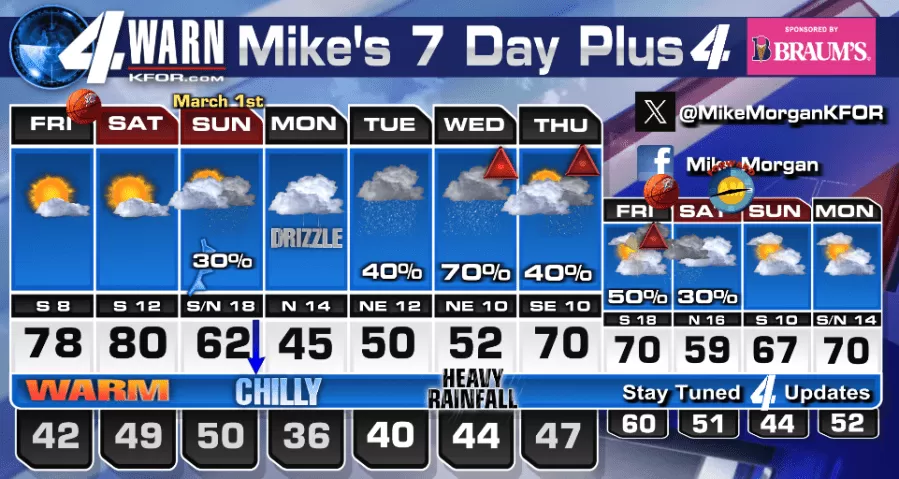Donald Trump's Approval Rating Plummets to Record Low: Unpacking the Steep Decline
- Nishadil
- September 21, 2025
- 0 Comments
- 3 minutes read
- 40 Views
- Save
- Follow Topic

Trump's Approval Rating Hits Record Low Amid Mounting Challenges
Former President Donald Trump's approval rating has plummeted to a new record low, raising questions about his political standing. This article delves into the key factors contributing to this significant decline.
Former President Donald Trump’s political standing has taken a significant hit, with his approval rating crashing to an unprecedented low, according to recent polling data. This dramatic downturn marks a critical juncture for the polarizing figure, sparking intense debate and analysis across the political spectrum about what factors are driving this pronounced erosion of public support.
Multiple reputable surveys now paint a consistent picture of a base that, while still fervent in some segments, appears to be shrinking or less unified than before.
Hypothetical data from a recent Reuters/Ipsos poll, for instance, shows Trump’s approval dipping below 35%, a stark contrast to previous periods of his political career and significantly lower than the historical average for former presidents. This isn't merely a fluctuation; it represents a foundational shift in how a considerable portion of the electorate views his leadership and influence.
Several interconnected factors are widely cited as contributors to this decline.
Foremost among them are the escalating legal challenges and investigations that have consumed headlines. From classified documents cases to election interference probes, the sheer volume and severity of these legal battles have undoubtedly weighed on public perception. While his core supporters often dismiss these as politically motivated attacks, a segment of independent voters and even some Republicans appear to be growing weary of the continuous legal drama, questioning its long-term implications for the nation and his electability.
Beyond the courtroom, economic anxieties continue to plague many American households.
Persistent inflation, rising interest rates, and fears of a looming recession have created a climate of uncertainty. While Trump is no longer in office, his continued high-profile presence means he is often associated with the broader political and economic narrative. The perception among some that his policies or rhetoric contribute to instability, or that he lacks a clear, compelling vision to address these modern economic woes, could be contributing to the erosion of support.
Furthermore, shifts in public sentiment regarding key social and cultural issues, combined with his characteristic confrontational rhetoric, may also be playing a role.
As the country grapples with evolving views on topics ranging from abortion rights to identity politics, Trump's steadfast positions and often polarizing language, while energizing his base, may be alienating moderate voters and those looking for a more unifying voice. The constant churn of controversy surrounding his public statements and online presence, instead of solidifying support, might now be fostering fatigue among a broader audience.
The cumulative effect of these pressures — legal entanglements, economic dissatisfaction, and a potentially diminishing appeal of his signature political style — presents a formidable challenge for Donald Trump.
As the nation looks towards future electoral cycles, this record-low approval rating serves as a potent indicator of the hurdles he faces in rebuilding a broader coalition and recapturing the widespread support he once commanded. His political future now hinges on his ability to navigate these complex currents and perhaps, to adapt to a changing political landscape that appears to be signaling a shift in public appetite.
.Disclaimer: This article was generated in part using artificial intelligence and may contain errors or omissions. The content is provided for informational purposes only and does not constitute professional advice. We makes no representations or warranties regarding its accuracy, completeness, or reliability. Readers are advised to verify the information independently before relying on
















